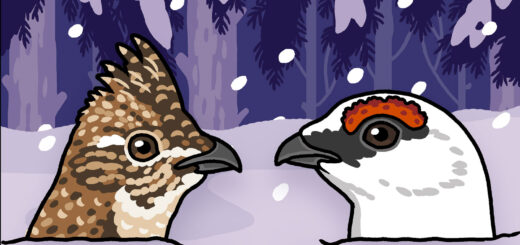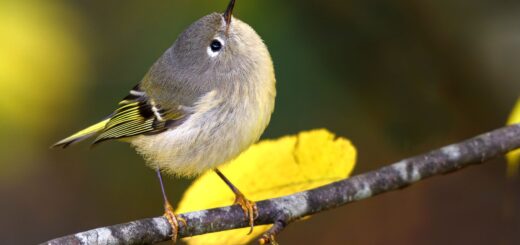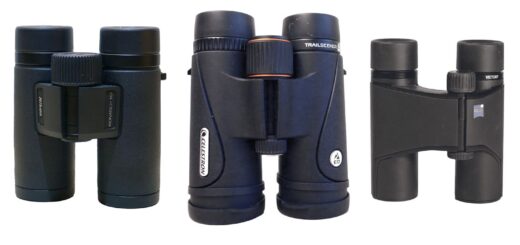Space Inclusive: A Small Nonprofit Objectives to Make Fieldwork Safe for All | Dwelling Hen
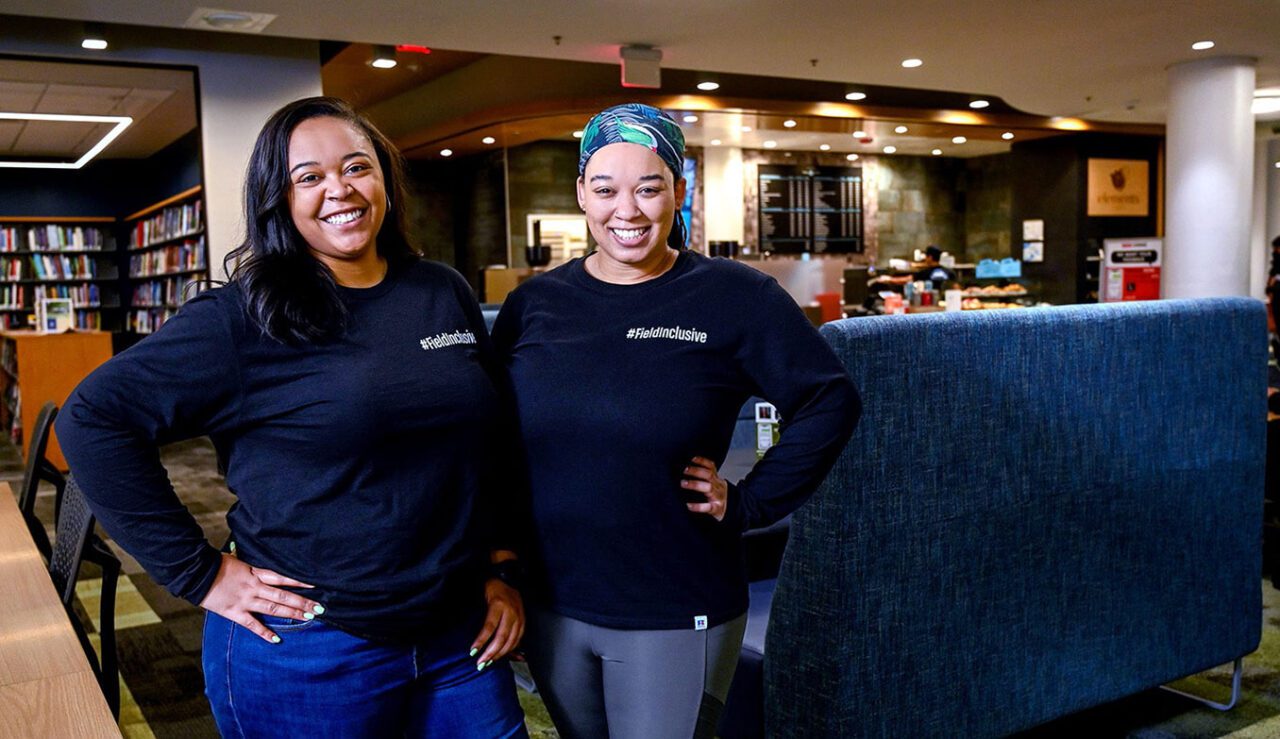
From the Autumn 2024 issue of Dwelling Hen journal. Subscribe now.
In spring 2020, Covid-19 restrictions compelled then-PhD scholar Murry Burgess to conduct her space evaluation fully alone. Driving to the agricultural North Carolina barn the place she was discovering out the outcomes of sunshine on Barn Swallow chicks, Burgess, who’s Black, handed Confederate flags and endured suspicious glares when she stopped at an space gasoline station.
All through that uneasy time, protests swept the globe following the demise of George Floyd, and Burgess prepared for her fieldwork by tucking a knife into her bra each morning and bringing alongside her canine (a pit bull mix).
“[I was] merely on this rural Southern metropolis alone, and that’s when it was really emphasised to me that, wow, I am inclined proper right here,” she says. “It might presumably be just a bit bit scary.”
Lastly her advisor created vehicle magnets determining her as an official North Carolina State Faculty researcher, which helped her actually really feel safer. Nevertheless as a result of it appears, Burgess wasn’t alone throughout the anxiousness she felt as a minority scientist working alone throughout the space.
A January 2021 article titled Safe Fieldwork Strategies for At-Menace Folks, Their Supervisors, and Institutions spotlighted the problem throughout the journal Nature Ecology & Evolution. Coauthored by Amelia-Juliette Demery and Monique Pipkin, a pair of Black women pursuing their PhDs throughout the Cornell Faculty Division of Ecology and Evolutionary Biology, the article outlined the distinctive risks of battle and violence confronted by minorities (along with LGBTQ people and folk with disabilities) who conduct space evaluation and provided best practices for mitigating these risks.
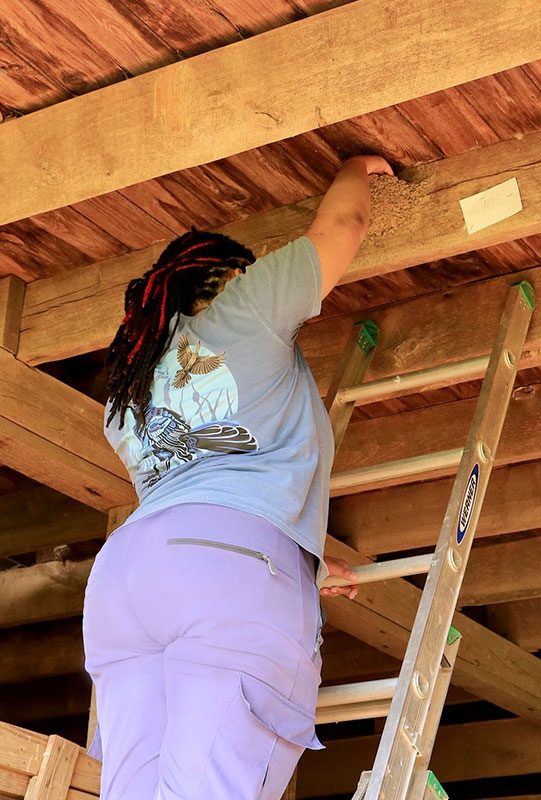

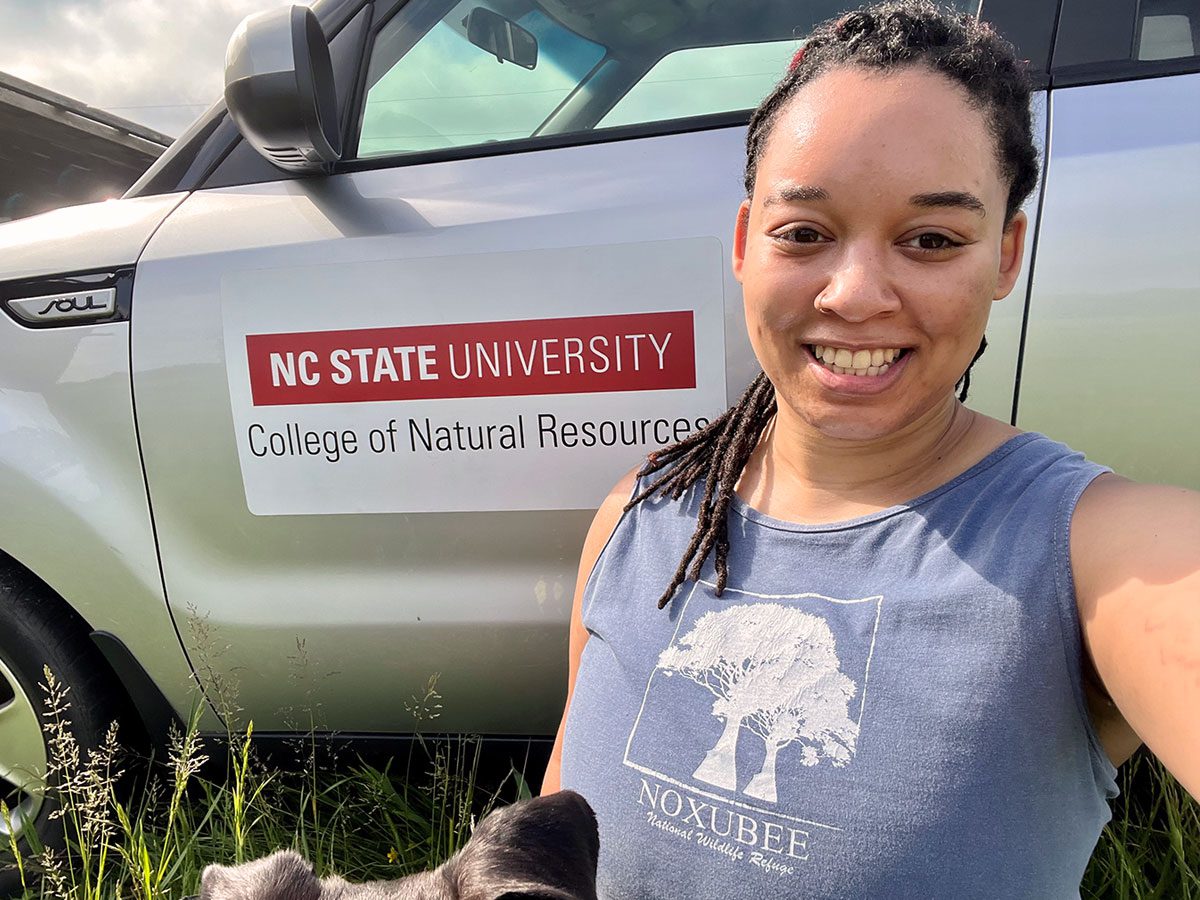

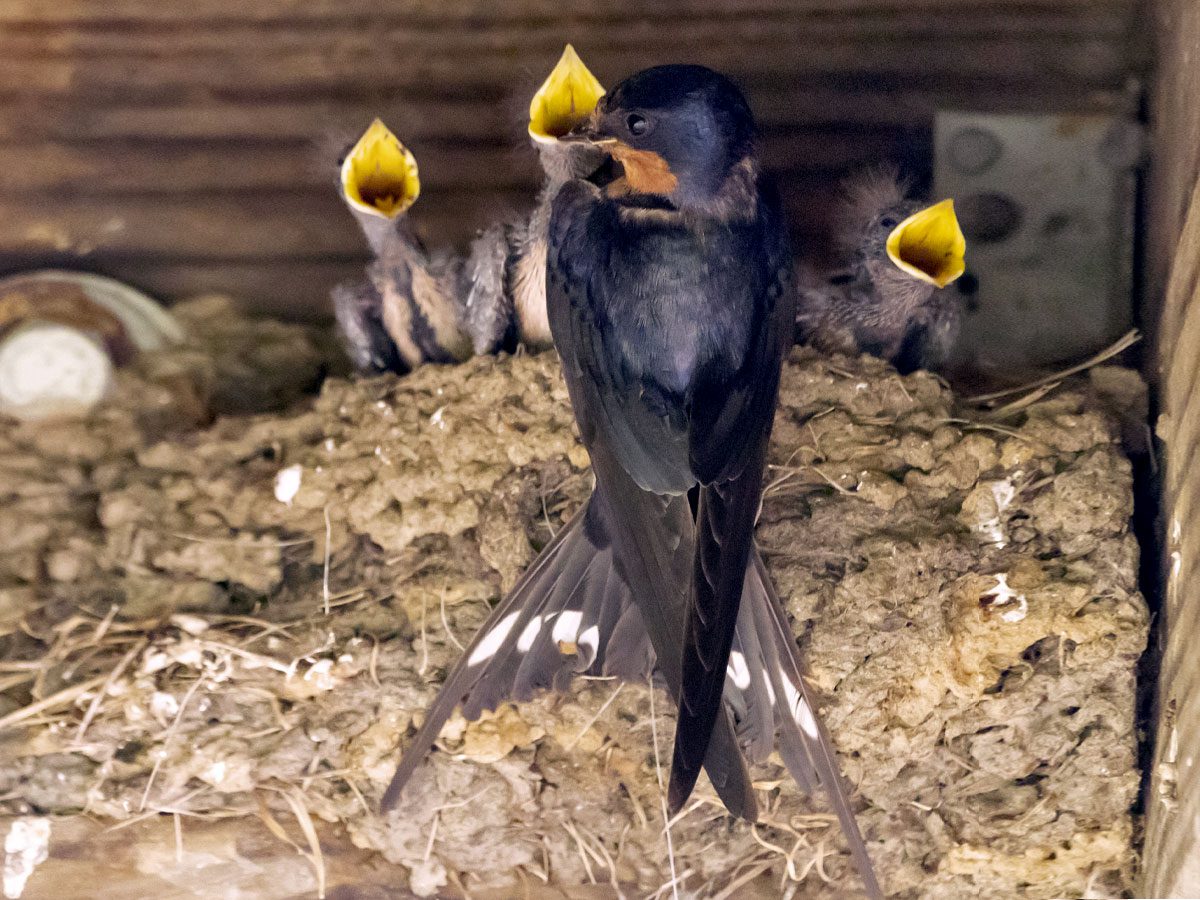

In a story printed by the Cornell Chronicle, Pipkin described how inequality in fieldwork experiences can affect evaluation: “If you’ve obtained two graduate school college students, one couldn’t perform as extraordinarily as one different simply because they’re going to’t purchase as so much info, on account of they’re trying to mediate issues with being a lady throughout the space alone, being a person of coloration throughout the space alone, and having to always look over their shoulder.”
One different analysis printed throughout the journal Social Psychology of Education in 2020 found that Black school college students in ecology and evolutionary biology reported a significantly lower sense of belonging throughout the space than white school college students.
Motivated by the sense of unease she felt as a Black PhD scholar checking swallow nests by herself, Burgess wanted to create a help group for the next wave of minority scientists arising behind her. In August 2022 she and Lauren Pharr, a fellow Black grad scholar at N.C. State, established a nonprofit group named Space Inclusive. Over the earlier two years, the startup has taken off and flourished as a career-building neighborhood for grad school college students all through the nation who come from historically underrepresented groups in science.
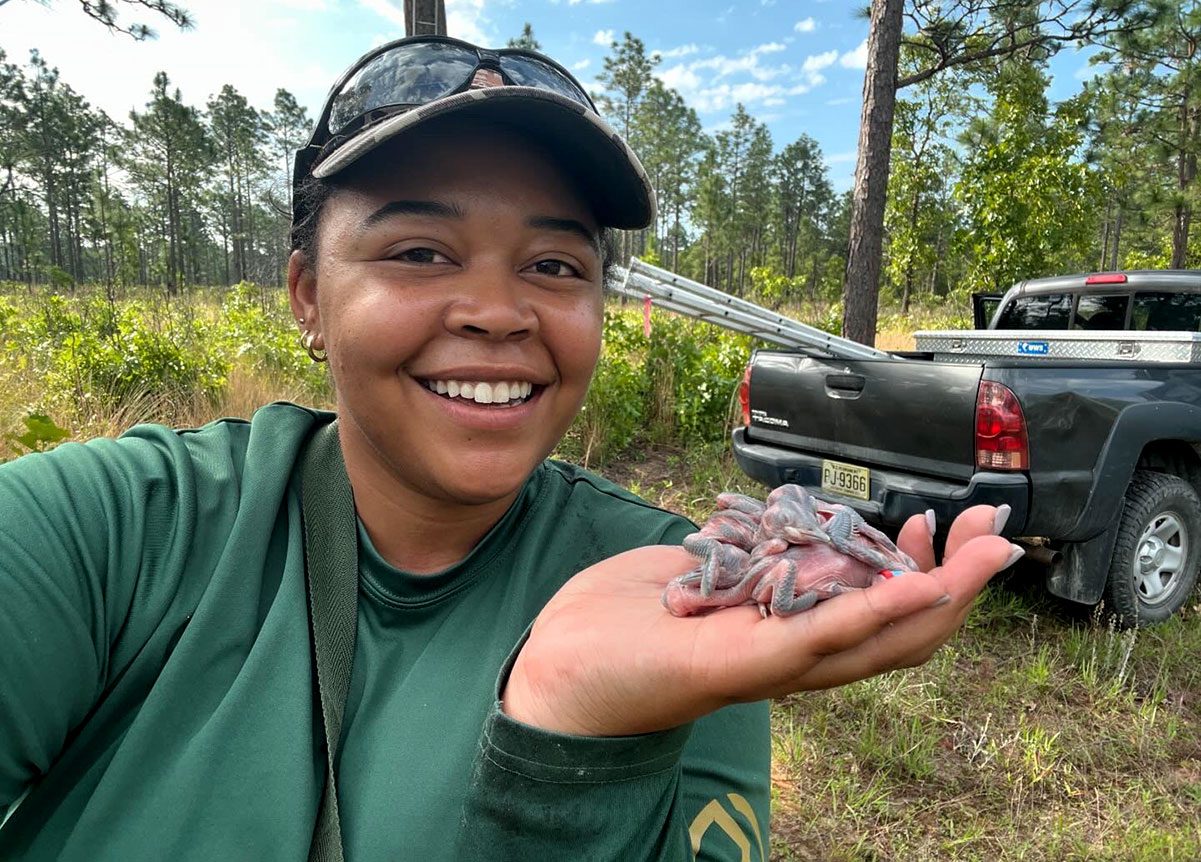

Further Than Tick Bites and First Help
Burgess and Pharr met as new graduate school college students in N.C. State’s Division of Fisheries, Wildlife, and Conservation Biology in fall 2019. Beforehand as undergrads, they’d been always in a class group when heading out into the sphere. Nevertheless now they could each be doing fieldwork on their very personal, and that’s after they first realized their space experiences might differ from these of their white mates.
Burgess remembers attending a school teaching on fieldwork safety for model new graduate school college students that coated potential factors like tick bites and first assist. When a fellow Black female scholar requested what to do if any person harassed her, the coach’s suggestion was to call the police—suggestion that felt tone deaf to Burgess. Spherical that time, a PBS NewsHour/NPR/Marist poll found that just about half of Black Folks had “little or no to no confidence the least bit” they could be dealt with fairly by native police.
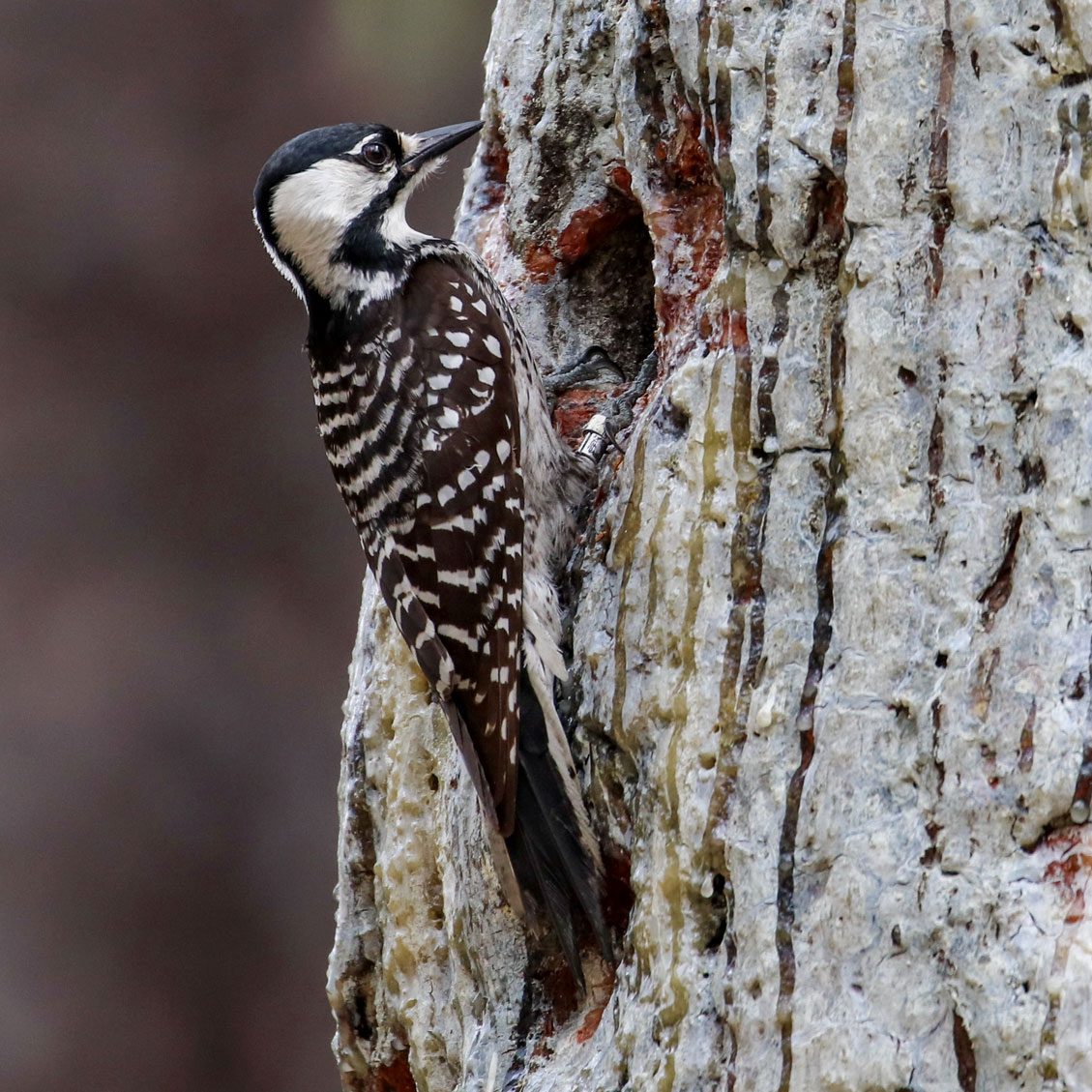

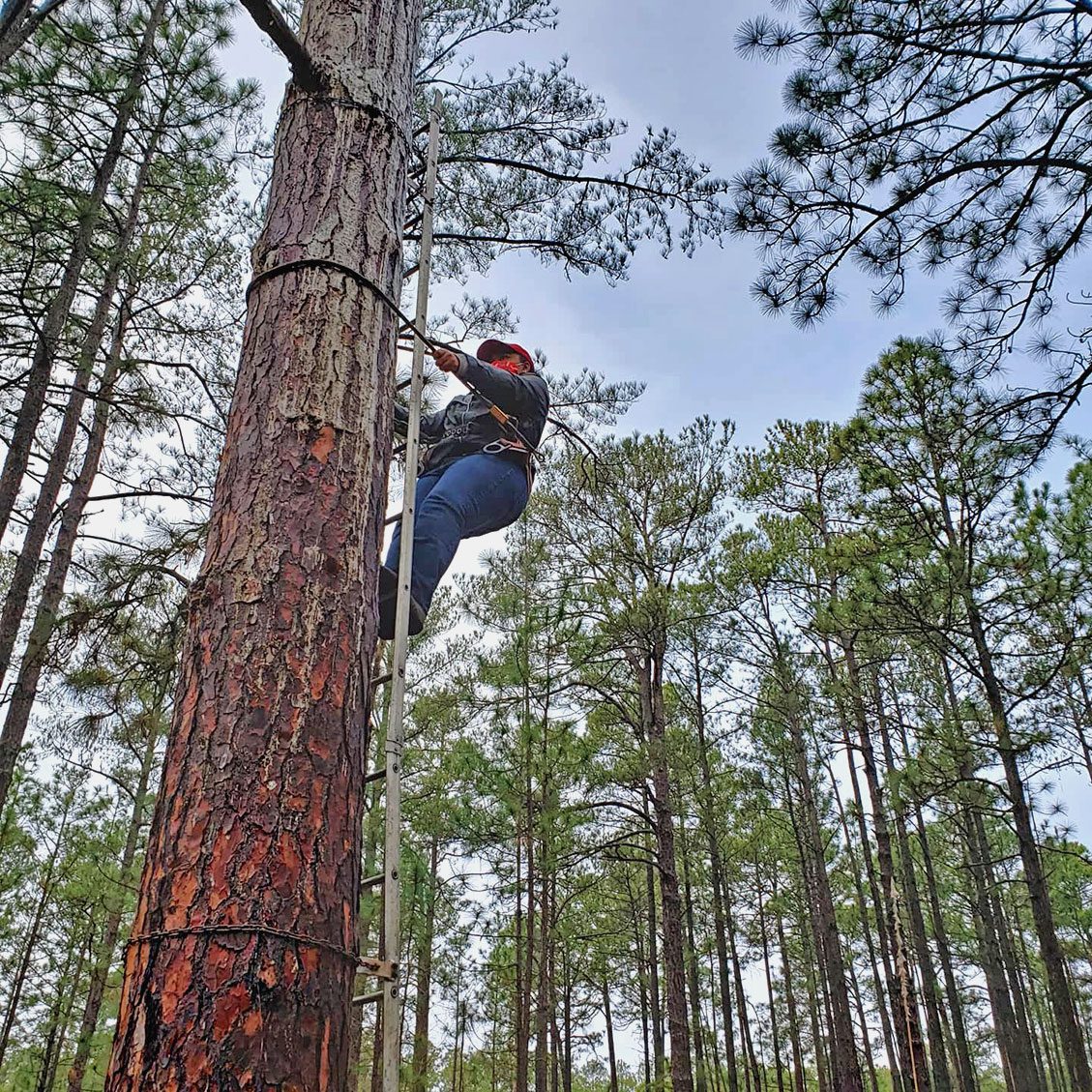

In Might of 2020, the problem of Black people’s safety whereas birding blew up in an incident that went viral on social media. A white lady in New York Metropolis’s Central Park known as the police and falsely accused Black birder Christian Cooper of threatening violence (he solely requested her to leash her canine, in accordance with park pointers). Cooper’s smartphone video of the incident was posted on Fb, the place it gained nationwide media consideration. Inside the aftermath, a bunch of Black birders from throughout the nation organized the first Black Birders Week as a social media and livestreaming event to highlight the presence of Black people throughout the birding neighborhood. Impressed, Burgess and Pharr began discussing what they could do to reinforce the field-research experience for Black scientists and others.
“We observed that there was this gap, this need for amplifying [the fact] that individuals who’re deemed as marginalized or historically excluded [need] additional help,” says Pharr, whose private fieldwork focuses on federally endangered Crimson-cockaded Woodpeckers. “We wanted to produce sources and trainings and all these totally different points,” says Burgess. “So that’s the place Space Inclusive was born. Like, let’s merely make it a nonprofit … and take a look at our best to make a change in some type of means.”
Because of neither of them had so much experience with nonprofits, they scrapped collectively what they could and found by Googling points, guaranteeing alongside the easiest way that “we had our paperwork in place,” says Burgess, “so we didn’t get in hassle with the IRS.”
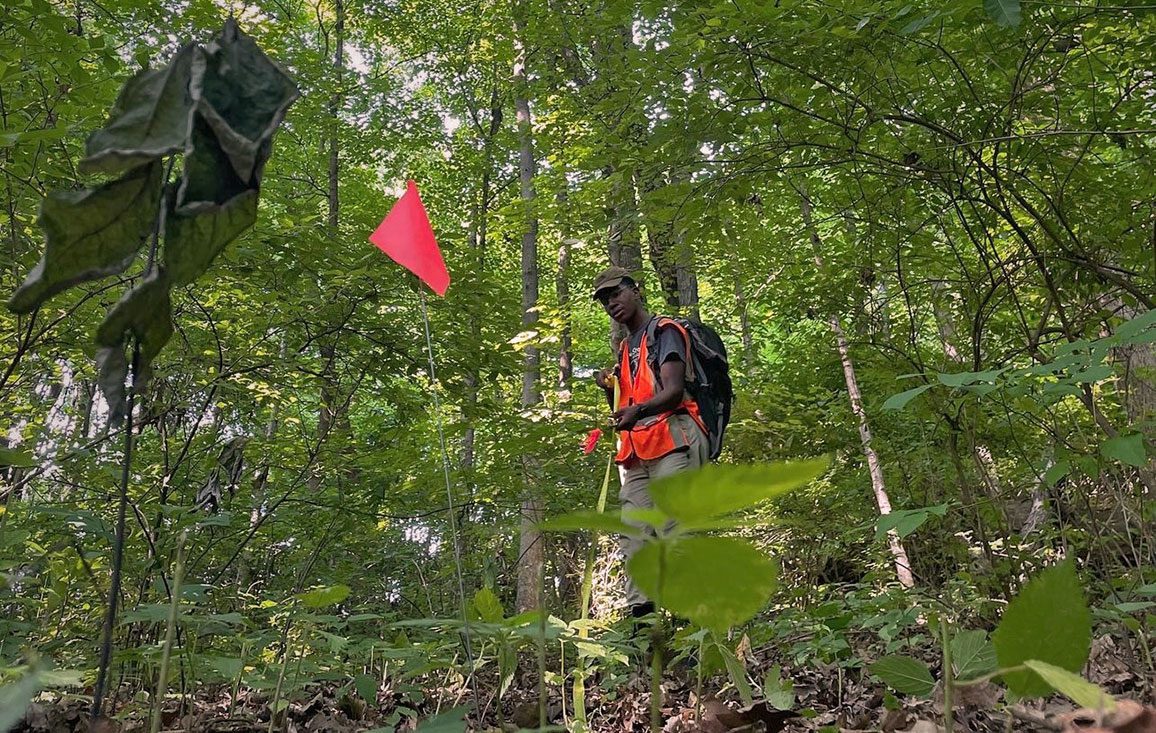

As quickly as Launched, Demand Grew Quickly
In an August 2022 Instagram put up, Pharr and Burgess launched Space Inclusive’s existence to the world, describing it as a nonprofit with a three-pronged mission to acknowledge and have time quite a few scientists, current scholarships to space biologists throughout the pure sciences, and confederate with totally different organizations to create safety insurance coverage insurance policies for space biologists.
“We shortly found ourselves trying to satisfy up with the demand,” says Burgess, who says they’d been immediately inundated with messages of curiosity. “As rapidly as we launched that we had been doing Space Inclusive, all folks was super excited.”
To fund the purposes they hoped to produce, Pharr and Burgess began by soliciting sponsorships from pure sources organizations. Their document of sponsors to this point consists of the Wilson Ornithological Society and Salt Lake Metropolis’s Tracy Aviary, they often have moreover obtained grants from the Animal Conduct Society and the Burroughs Wellcome Fund.
“Every of us being birders, we had been really linked to ornithological societies, so we started by reaching out to them,” says Pharr.
Funding in hand, they expanded their decisions shortly. Space Inclusive now provides small evaluation grants, journey grants, and fellowship experiences for school college students in pure sources fields; holds “Beginning Birders” purposes to convey further people from historically excluded and underrepresented groups into birding; and provides loans of birdwatching gear to groups and other people in North Carolina’s Raleigh–Durham area, the place the group relies. In January 2024, they launched a paid membership program, offering members options to participate in a digital month-to-month e-book membership and entry to free donated gear from Space Inclusive’s “space gear closet.”
Their fundraising has enabled Space Inclusive to award 9 evaluation grants, journey grants, and fellowships to up-and-coming minority researchers from New York to Texas and Colorado. One amongst their 2023 grant recipients was Derek McFarland, Jr., a Black PhD candidate on the Faculty of Illinois Urbana-Champaign discovering out how the changes people make to landscapes can affect the unfold of tickborne sicknesses. He found about Space Inclusive’s grant program after good friend observed the info on X (beforehand Twitter) and forwarded it to him.
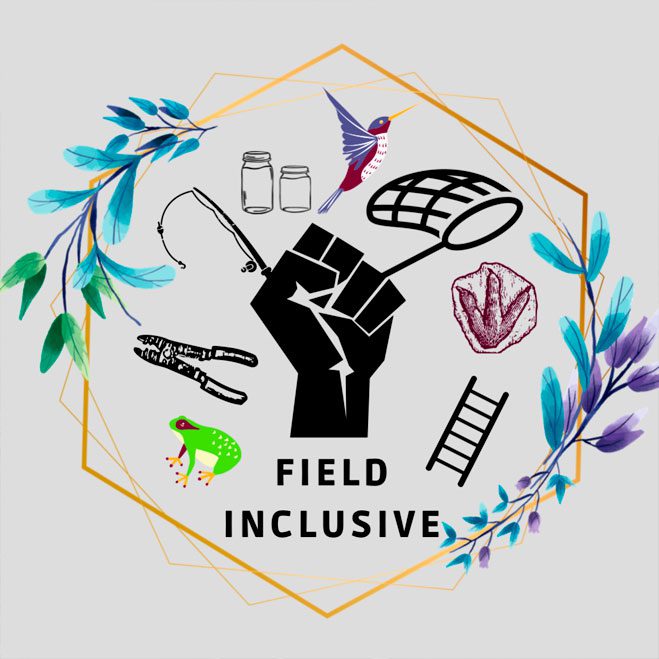

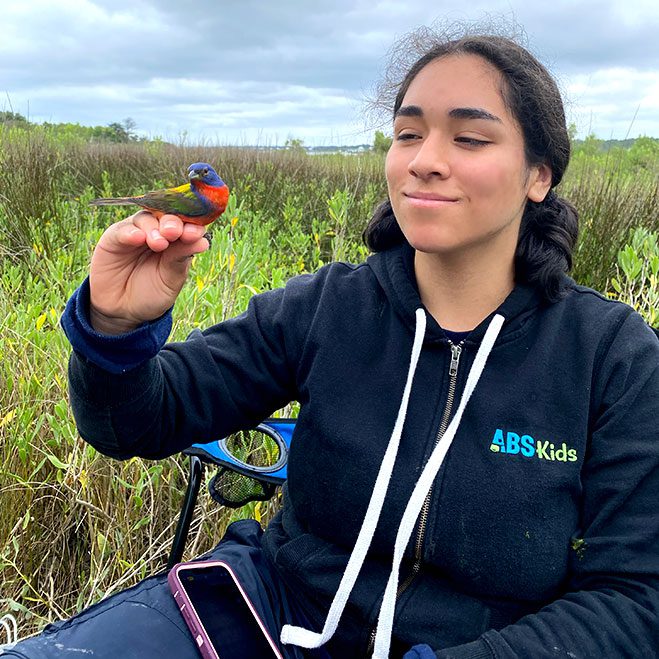

“So I clicked on it,” he says, “and I be taught all about their mission and the whole thing, and I was like, wow, that’s such a cool program. Even once I don’t get the grant, I should be involved not directly.”
McFarland obtained a $500 grant that he used to purchase supplies for his fieldwork, along with reflective vests to placed on throughout the space. The vests “give you some [appearance] of authority when you’re strolling spherical throughout the woods, so of us gained’t hassle you as so much,” he explains. He emphasizes how helpful it was as a cash-strapped graduate scholar to acquire the funding up entrance, in its place of buying supplies out-of-pocket after which making use of for reimbursement from his school.
“Each little factor [Field Inclusive] stands for is so dope,” says McFarland, together with that the nonprofit provides “an unbelievable space to help me contextualize my being inside environmental sciences.”
Social Dimensions of Space Safety: Recognizing Harassment as an State of affairs
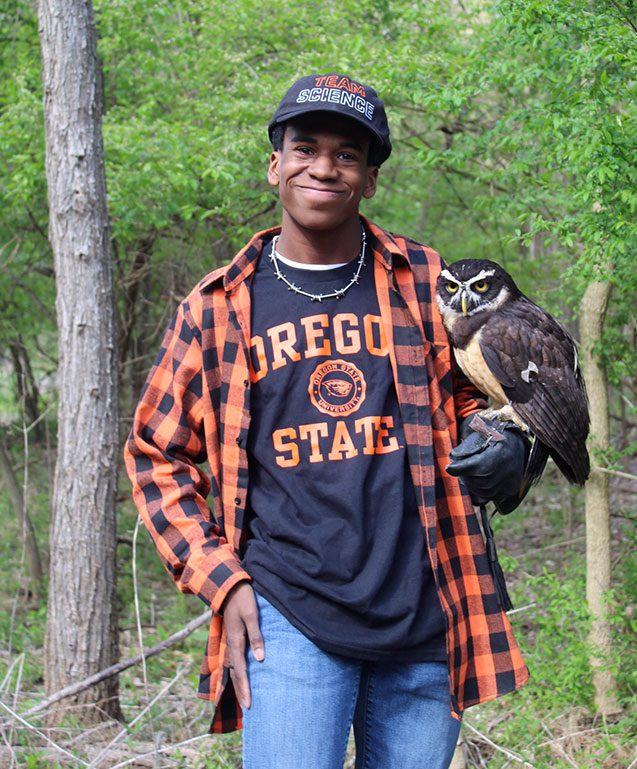

Simply these days Space Inclusive has been offering “social space safety” workshops that concentrate on navigating the actual risks that minority folks face whereas doing fieldwork—not venomous snakes, dehydration, or flat tires, nevertheless harassment and totally different threatening conduct from the people they may encounter. Pharr and Burgess have traveled to 10 universities and conferences over the earlier yr to present workshops, they usually’re moreover creating an on-demand on-line teaching module.
“It’s a two-hour workshop correct now,” says Burgess, “and quite a lot of the solutions we get is that folk need it might presumably be even longer!”
Burgess and Pharr are every keenly aware that as Space Inclusive grows from a scrappy startup proper right into a mature group, they gained’t have the power to deal with all its decisions on their very personal. In February 2024, they launched the addition of 4 new board members, all women working in pure science fields, to help deal with the group’s progress. And in April, Pharr made a tricky announcement via an Instagram put up.
Beneath {a photograph} of herself laughing throughout the space with the textual content material “What if I instructed you I hadn’t been okay these last few months, would you take into account me?” superimposed all through it, Pharr wrote that she had been combating balancing her many obligations as she labored in direction of ending her PhD. She was making the selection to step once more briefly from her work with Space Inclusive.
“That was a really highly effective second for me,” she admits. “In the long run Space Inclusive is—I hate calling it a side problem. Nevertheless my important issue is being a researcher.”
Burgess stays energetic in Space Inclusive, nevertheless she feels equally about how she wants her relationship with the group to evolve.
“Space Inclusive is my little one, and I in no way want to provide it up,” she says, “nevertheless then once more, I do know that my principal passion lies in evaluation and being a professor.”
After ending her PhD in summer season season 2023, she began a spot as an Assistant Professor in Mississippi State Faculty’s Division of Wildlife, Fisheries, and Aquaculture.
Burgess and Pharr hope that when the time is true, they’re going to hand Space Inclusive over to any person who will cope with the day-to-day administrative duties and proceed to assemble the group long-term.
“I imagine a very powerful battle that we encounter correct now may very well be merely people not being aware that these are even factors,” says Burgess. “We’re hoping to proceed to assemble that consciousness and in the end switch it into actionable steps to reinforce the sphere.”
Regarding the Author
Frequent Dwelling Hen contributor Rebecca Heisman is a contract science writer based in Walla Walla, Washington, who focuses on ornithology and fowl conservation.
Go to rebeccaheisman.com to be taught further of her work and subscribe to her e-newsletter.
